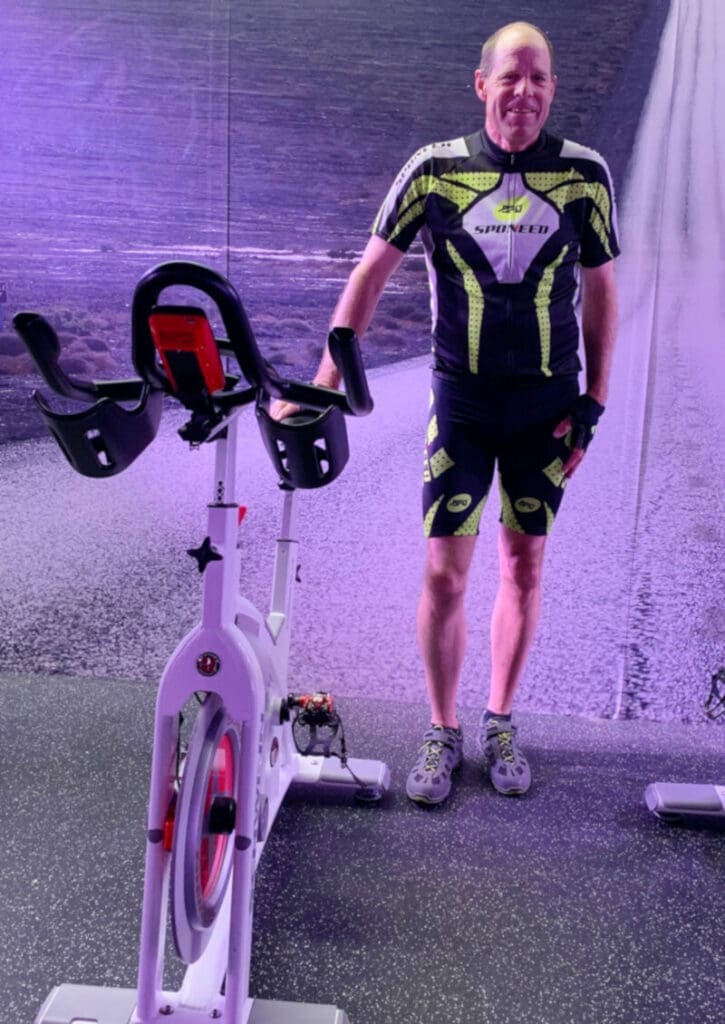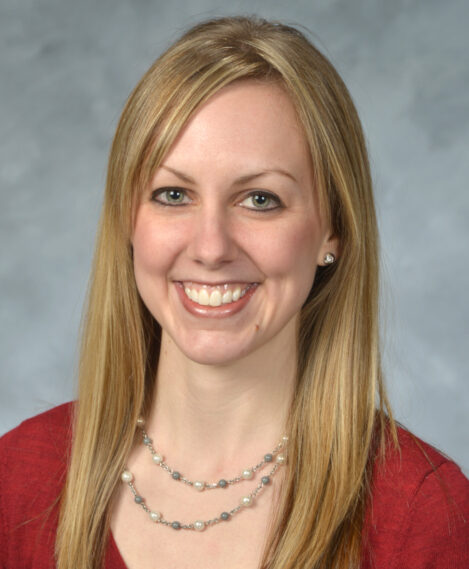Melanoma Survivor Urges Skin Cancer Prevention
October 21, 2019

Jay Zielske of North Mankato is celebrating five years of surviving cancer after battling stage 4 melanoma, the most deadly skin cancer. When he was diagnosed in September 2014, median survival rates were five to nine months.
A field agronomist for Pioneer Seeds, Jay also educates farmers and ag colleagues about the dangers of sun exposure and the importance of checking your skin for signs of skin cancer. An outdoors person, Jay has worked outside since he was 16. He hated wearing sunscreen until he was diagnosed with melanoma.
Today Jay wears a wide-brimmed hat, sunglasses and sun sleeves. He keeps sleeves in his vehicle and slides them over his arms and hands when he heads to the field. He wears short and long sleeve shirts with UV protection. He also applies 50 SPF sunscreen on his face and neck now – reapplying every two to three hours.
With Pioneer Seeds, he has recorded a YouTube video for the agriculture community. He offers tips on sun protection and detection. He says most skin cancers are first detected by you, the patient.
At meetings with farmers, he reminds them to check their skin for cancer. He asks them “When’s the last time you’ve seen your back?” He tells them to ask their wives to look at their backs. He also encourages skin checks at the doctor’s office. Skin cancer is highly treatable when caught early.
Jay’s journey
Jay knows he is lucky. He was diagnosed with melanoma at a time when many new and promising drugs were becoming available. One of his treatments was approved just days before he found three lumps along his jawline while shaving one September morning in 2014.
Through surgery, 29 lymph nodes were removed. Cancer was found in eight lymph nodes. A PET scan and additional tests detected cancer in his liver, lungs, femur and stomach region.
“I knew I was in a difficult spot. I knew the cancer could go anywhere it wanted to in my body,” he said.
He was diagnosed with stage 4 melanoma which means the cancer had spread to other parts of the body. Doctors were never able to identify the original source of the melanoma.
After a sleepless night in the hospital, Jay was ready to begin treatment. He received tremendous support from his wife Karen, his four children who are grown now, Crossview Covenant Church in North Mankato, his employer and coworkers.
Chemotherapy and radiation weren’t an option, but immunotherapy was. Immunotherapy is the first treatment for melanoma that can extend or even save lives. The therapy boosts the body’s natural defenses to fight cancer. He began his first round of immunotherapy in November 2014.
“I never had a bad day when I was in my treatments,” Jay said. “I felt so good. It was easy on the family. The kids forgot I was sick.”
His main stress was the mental stress of whether he would make it. He took an 11-day road trip with his family. They headed west to Glacier National Park, Jackson Hole, Seattle and Crater Lake. He continued working and working out at the gym, going to spin classes regularly.
Jay and Karen attended a melanoma symposium. Jay was motivated by Edward T. Creagan, MD, a cancer specialist and professor at Mayo Clinic Medical School. He shared survival stories and ongoing recoveries from advanced melanoma. The survivors had a strong faith, supportive family and positive attitude.
“I was blessed with all of those. … All those things and a certain amount of luck,” Jay said.
For roughly two years, Jay received immunotherapy. During treatment cycles, he visited an infusion center where the medication is delivered intravenously. Some of the medications were so new they had only been recently approved. On his third cycle, they found the right combination of medications. In June 2016, he had his first clean scan.
“Since then, I’ve had no cancer,” Jay said.
He completed his treatment in December 2017. The drugs are strong and can have side effects, yet he experienced none. Not everyone tolerates them, but Jay tolerated them very well.
“Most people aren’t as fortunate as I was,” Jay said.
Jay doesn’t take life for granted. He lives life to the fullest at work, at home, in his community and on his bike. He attends multiple spin classes and logs thousands of road miles. This summer he rode the 50-mile Iron Horse Bicycle Classic in Colorado and the 122-mile Horribly Hilly Hundreds in Wisconsin!


Know your skin
Crista Wilkening, APRN, CNP, Mankato Clinic Dermatology: One in five Americans will develop skin cancer in their lifetime. I encourage people to do self-skin exams and to understand risk factors for melanoma. These may include a family history of skin cancer, significant UV exposure, fair skin, immunosuppression, and having a greater number of moles. The earlier a skin cancer is detected, the better the prognosis.
Look for the ‘ugly duckling’ – the mole that looks different or stands out from the rest. Watch for new moles to occur or for any moles you have to start changing. If you find that a mole or growth starts to itch, burn, or bleed and is slow to heal, this may be more suspicious. Follow the guide of the ABCDEs for monitoring your skin/moles.